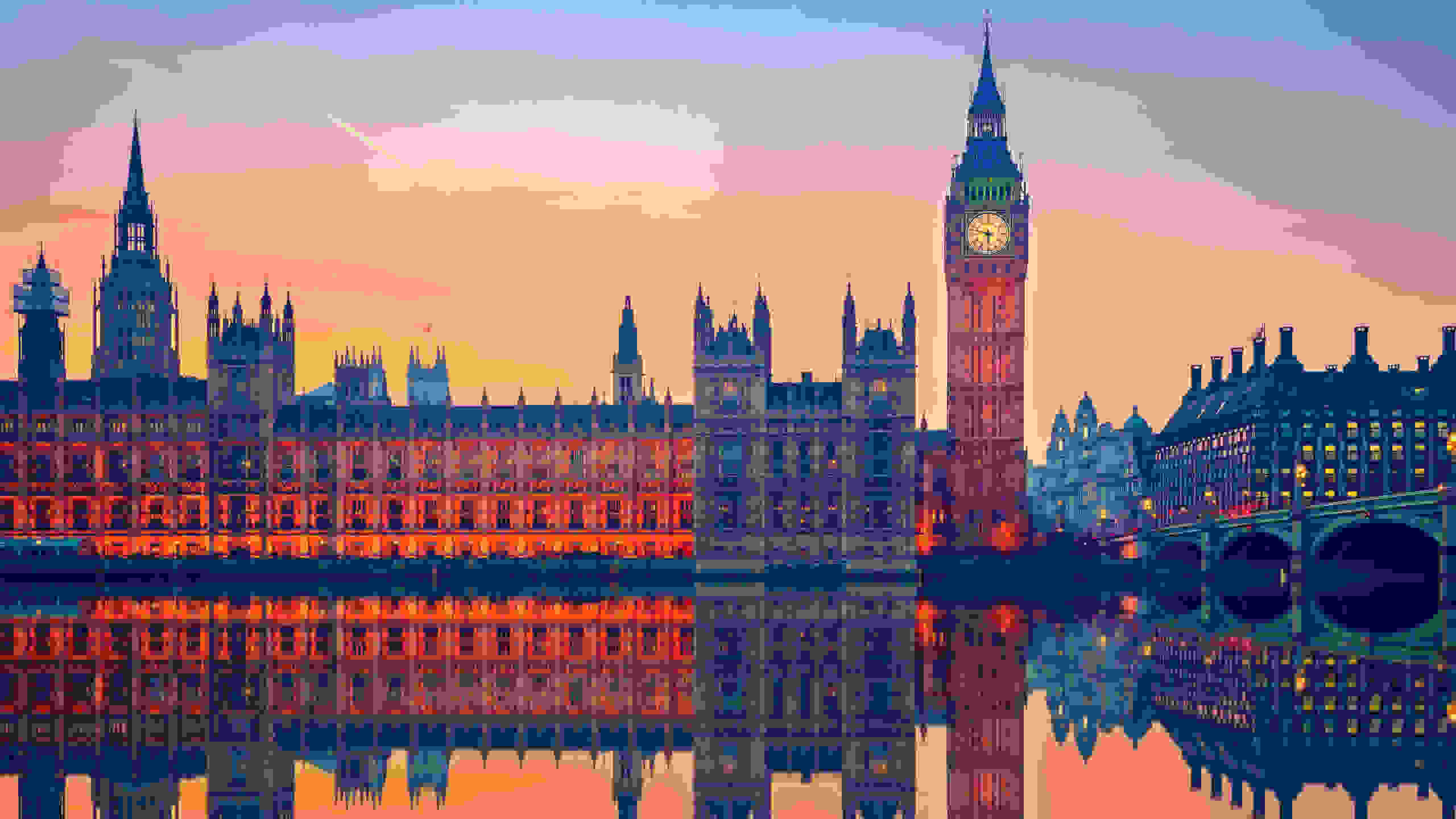News / Parliament Matters Bulletin: What’s coming up in Parliament this week? 5-9 January 2026
MPs will consider the Cyber Security and Resilience Bill, while Peers debate the Diego Garcia, Sentencing, and Crime and Policing Bills. The Lords will also consider two Private Members’ Bills – to extend licensing hours and to legalise assisted dying – and will be asked to decide whether more time should be set aside in future for detailed scrutiny of the assisted dying legislation. In the Commons, MPs will debate mobile connectivity, Magnitsky-style sanctions for human rights abuses, and reform of high-street gambling, alongside a Conservative Opposition Day debate. On the Committee corridor, the Post Office Horizon scandal, disinformation diplomacy, the carbon budget, the policing of the Aston Villa – Maccabi Tel Aviv football match, and the BBC World Service will all be scrutinised.





